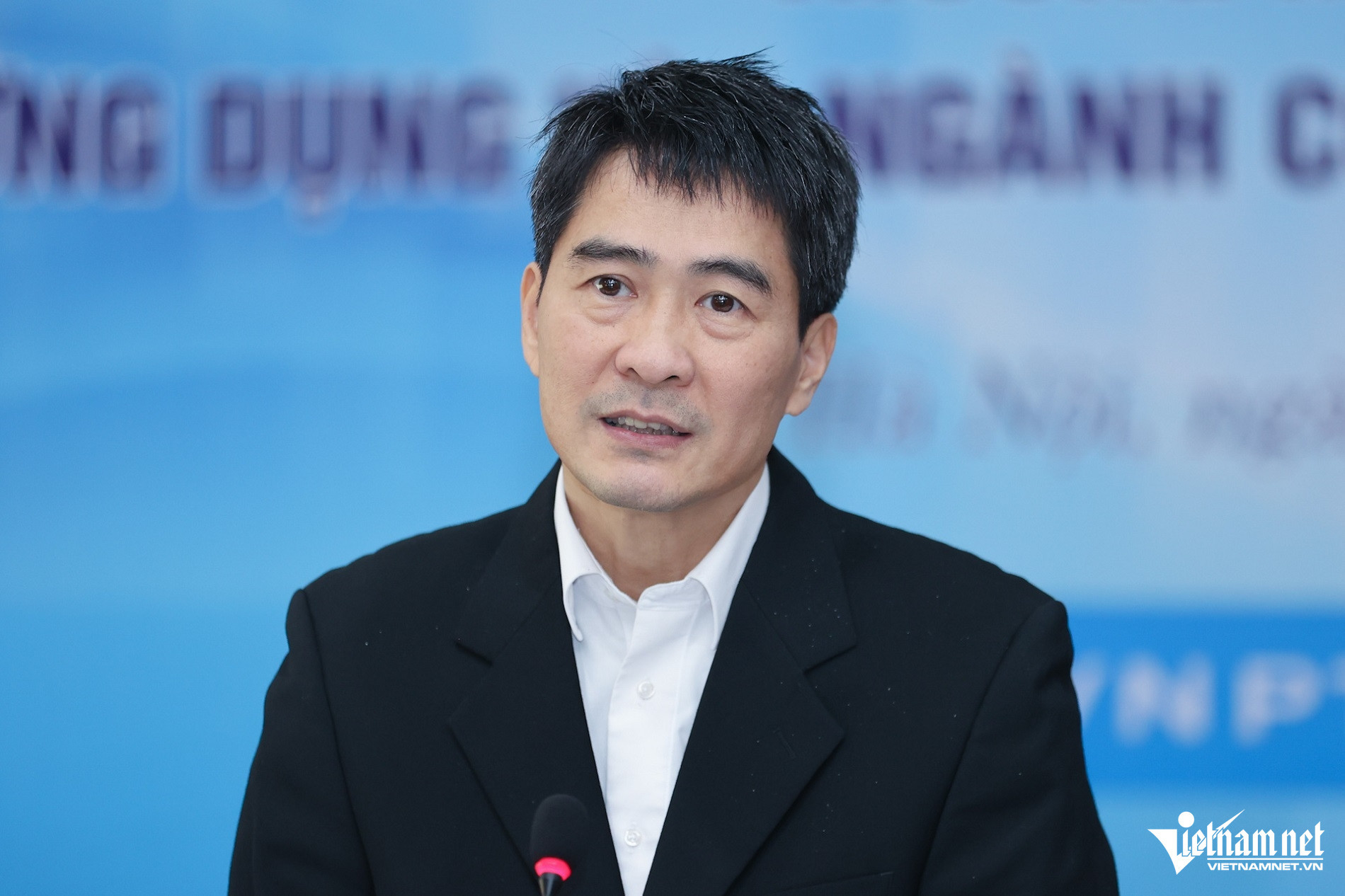
Commercialized since 2019, 5G is the fastest growing mobile technology globally. Network equipment manufacturer Ericsson estimates that 85 percent of the global population will be using 5G networks by 2029.
However, the average revenue per user (ARPU) of private consumers (B2C) remains low, as telecom carriers do not raise fees but only offer larger data packages.
In Vietnam, Viettel and VinaPhone officially launched 5G networks in 2024. Experts believe that 5G technology will enable Vietnam to catch up with the world in the fields of industrial production, maritime ports, mining, and smart transportation.
The new 5G network, with high speed (expected be 10 times faster than 4G in theory) and low latency (theoretically under 1 millisecond), is expected to bring significant values to governmental and business customers.
According to Doan Quang Hoan, Vice President of the Vietnam Radio and Electronics Association, 5G is highly appreciated not just for high speed and low latency, but also for IoT, enterprises’ Private Mobile Networks, and B2B.
From the perspective of the management agency, Nguyen Phong Nha, Deputy Director of the Authority of Telecommunications (AOT) under the Ministry of Information and Communications (MIC), noted that previously, telcos mostly provided services nationwide and targeted the public, but nowadays, with 5G, they can provide personalized services which can satisfy specific requirements of personal clients.
Nha stressed that providing tailored services to various economic sectors is a very important feature of 5G. The 5G applications with low latency, big transmission capacity and high density are suited to businesses, especially industrial ones.
A report by Allied Market Research indicates that the global 5G B2B market will generate significant revenues, expected to reach $16.8 billion by 2028 with a compound annual growth rate (CAGR) of 34 percent.
As businesses in all industries are undergoing large-scale digital transformation, 5G will open a new era of connectivity. When combined with other technologies such as cloud computing, AI and big data, 5G will create an ecosystem of products, services, and use cases addressing various fields of the economy and society.
With its significant advancements over 4G, 5G offers opportunities for telecom companies to explore new business spaces, especially in serving government, organization, and business clients (B2B).
Being the first carrier to commercialize 5G in Vietnam, Viettel reported that only a few FIEs (foreign invested enterprises) and factories are using 5G, but the demand in IZs, airports, and seaports is high.
The mobile network operator is collaborating with application providers to develop 5G network solutions, including Private 5G networks, serving business clusters, factories, and trade zones.
Viettel is also cooperating with clients to tailor solutions to customers’ needs, resolve bottlenecks, and reassure clients that its 5G infrastructure can meet customers’ demands, according to Viettel CTO Le Ba Tan.
VinaPhone, one of the largest mobile network operators (the other two are MobiFone and Viettel) which launched its 5G network on December 20, agrees that B2B customers can understand the values and benefits of 5G and are willing to apply new technologies, such as 5G and IoT immediately.
However, organizations and businesses must overhaul production methods and invest more, while accepting that digital transformation is a long journey. Consequently, telecom operators need deeper understanding and collaboration.
Nguyen Tuan Huy, Head of digital transformation division at MobiFone, remarked, “5G should cater for the Government and enterprises. Government projects will generate traffic, and use cases.”
He went on to say that the clients MobiFone is targeting when providing 5G in the time are SMEs (small and medium enterprises) and ecosystems in education and healthcare with specific product ranges.
Meanwhile, Ho Anh Thang, from Tntech JSC, managing 550 enterprises in IZs, noted that enterprises have constant demand for advanced technology to optimize operational management.
He suggested that telecom providers, based on the 5G technology platform should develop integrated associated solutions such as IoT sensors with 5G, or pre-built AI modules, offering added value to businesses and society.
With the goal of bringing super-fast Internet experience and opening a new technology era, network operators are accelerating the testing and commercial deployment of 5G nationwide.
Trong Dat